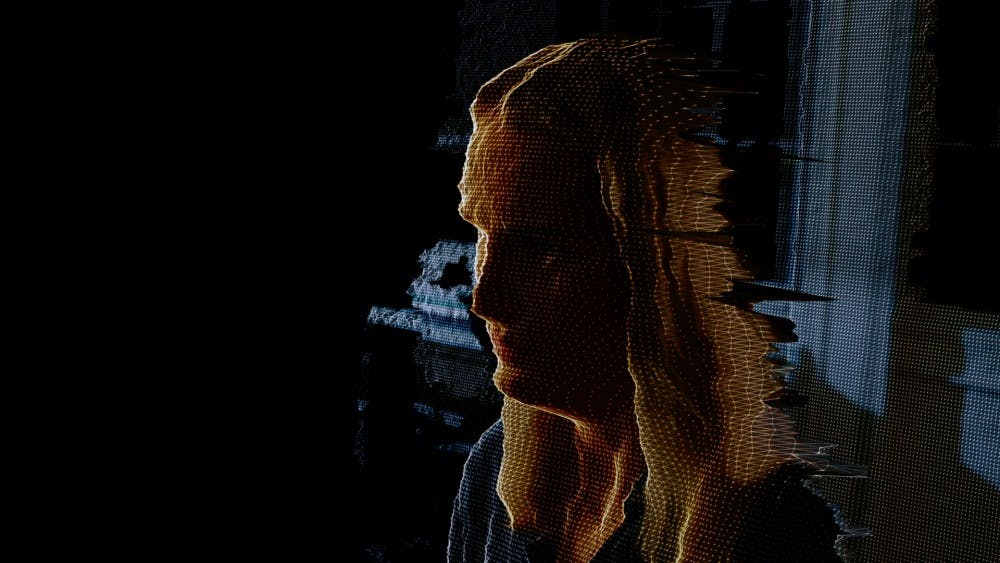Alex Gibney's Zero Days opens with a silhouette and a dubbed voice speaking about a war unraveling between "democracies who play by the rules" and those "who think democracy is a joke." It has the montage of flag-burnings, the sound bites, anti–US sentiments echoed by Ahmadinejad, and Hillary Clinton herself denying any American involvement in Iran. Just five minutes in, the film had laid the foundational faultless victim complex, and I braced myself for a long two hours of American exceptionalism and plaudits for Western imperial involvement.
If I hadn't known more about the documentarian's past focuses, I might not have continued watching. Throughout his career, Gibney has been hyperprolific in making films about great takedowns– of ENRON, Armstrong, and many more. I knew (and hoped) Gibney would treat Zero Days in the same way. But this time around, his target wasn't a corporation or corrupted individual, but an entire nation-state.
By examining a particular instrument of cyberwarfare, Zero Days attempts to comment on everything from the NSA and the CIA to global nuclear warfare. Much of the movie hinges on the dramatic revelation that the United States government, Israeli government and related bureaucratic security agencies were complicit in peacetime attacks against Iran. In a post–Snowden, post–Wikileaks age, that disclosure isn't all that surprising.
Gibney's declaration of American guilt shouldn't come as a spoiler, especially following media coverage of Iranian retaliations against American banks in 2012 that were framed as a initiatory offense. The film focuses much on the complex virus "Stuxnet," called "Olympic Games" by American insiders, that both the Obama and Bush administrations used to interrupt Iranian nuclear enrichment. Featuring interviews with code analysts and American security officials, the first half wanders much through the finer points of the coding (the documentary literally wander through three–dimensional copies of the codes in a corny Matrix–like effect), while the rest of the movie is left to mop up this information dump and consider its implications for nuclear proliferation, American foreign policy, homeland surveillance and more.
The film's central question of whether or not the United States was at fault is not the most interesting query of Zero Days. The most interesting questions are those that weren't poised, those considering violations of peacetime and state sovereignty, the implications of a lack of cyberwarfare laws, and the way Westerners have framed the issue at hand. Zero Days functions best as a whisteblowing warning for the United States, Iran and Israel, with truly interesting material that could have been more subtle in its execution.
It's educational for sure, but in the end much is left up to audience deduction. As you will learn if you get through two hours of armchair interviews and glitchy digital effects, this is only the tip of the iceberg. And it's frightening for all parties, for sure.

